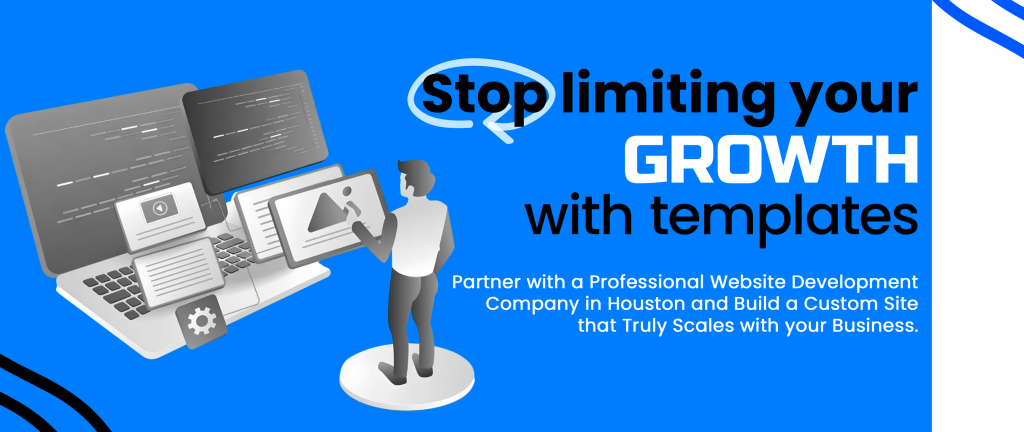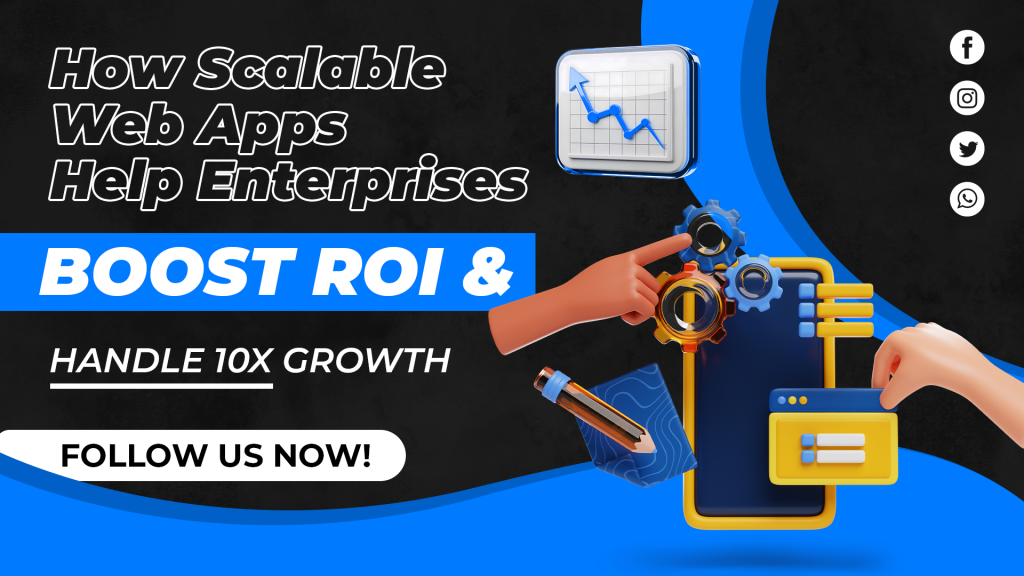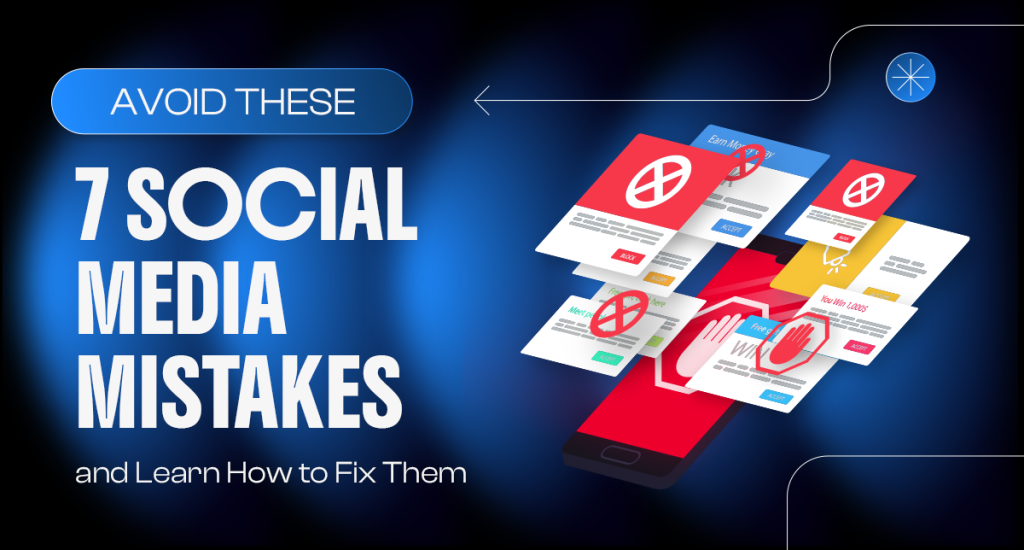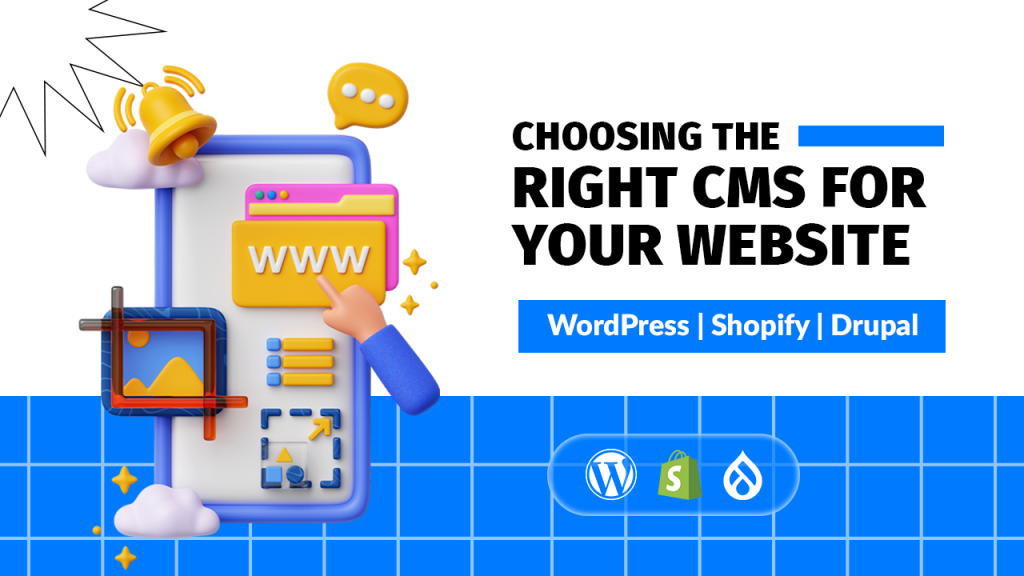In the competitive digital world, your website serves as the first impression of your business. One of the first decisions businesses face is whether to build their site using a template-based solution (like WordPress themes, Wix, or Squarespace) or invest in custom web development.
Initially, templates are affordable and easy to start with, but as your business grows, they often fall short in terms of scalability, performance, and branding. Choosing a custom web development company Houston for custom web development may require more effort upfront, but it delivers long-term benefits such as scalability, flexibility, and a stronger brand identity.
- Long-term flexibility
- Security
- Growth opportunities
So which option is right for your business? Let’s explore.
What are Template-Based Websites?
Template-based web development used pre-designed themes or drag-and-drop builders to create websites quickly. It’s inexpensive but usually lacks flexibility, scalability, and unique branding.
What are Custom Websites?
Custom website flexibility and scalability refer to the process of creating a website from scratch (or using a flexible framework) customized specifically to your business needs, branding, and goals.
In the USA, more businesses are moving away from cookie-cutter templates and investing in custom web development services to meet modern customer expectations. According to Statista’s (2025) report on digital adoption, companies that prioritize tailored web solutions see stronger scalability and higher customer engagement.
Custom vs Template Websites: Pros and Cons
Here’s a direct comparison to help you visualize the choice.
| Factor | Template-Based Website | Custom Web Development |
| Cost difference: custom web development vs templates | Low upfront ($50–$500 for themes) | Higher initial ($3,000–$20,000+) |
| Speed to Launch | Days to weeks | Weeks to months |
| Design Flexibility | Limited; stuck to template structure | Fully tailored to brand + unique design |
| Scalability | Difficult to scale beyond basics | Built for growth and future updates |
| Performance | Slower, heavy with plugins | Optimized for speed and SEO |
| Security | Vulnerable to theme/plugin exploits | Custom-coded with stronger security |
| Support | Limited to theme updates/community help | Dedicated developer or agency support |
If you want to dig deeper into how different approaches compare, check out this comprehensive overview of web development services.
When to Choose Custom Development Over Templates
While templates can be useful for startups or personal projects, businesses looking for long-term growth benefit more from custom development.
- Brand Differentiation: Your website stands out, not blending in with competitors who use the same theme.
- Better Conversions: Custom layouts prioritize user journeys, leading to higher sales and leads.
- Advanced Integrations: Easily connect with CRMs, ERPs, and third-party apps.
- Future-Proof: Scalable architecture means your site evolves with your business, not against it.
According to Forbes’s beginner’s guide to website development (2024), good design and performance are foundational to business success, and this holds especially true for Houston businesses competing in a fast-growing digital market. By investing in well-designed, high-performing websites, Houston companies can strengthen their online presence, attract more customers, and gain a competitive edge
Case Study: Retail Brand Migrating from Template to Custom
Background (January 2024):
A mid-sized U.S. retail brand had a WordPress template-based site. The site loaded in 6 seconds, had a 72% bounce rate, and only had 0.8% conversions.
Action:
- Migrated to a custom Shopify + headless CMS solution.
- Redesigned UX with a responsive, mobile-first approach.
- Reduced plugin reliance → optimized codebase.
- Integrated AI-powered product recommendation engine.
Results (April 2024):
| Metric | Before (Template site) | After Custom Site |
| Page Speed | 6s load time | 1.9s load time |
| Bounce Rate | 72% | 42% |
| Conversion Rate (CVR) | 0.8% | 2.3% |
| Organic Traffic | 5,000 visits/mo | 8,200 visits/mo |
Outcome:
Within 90 days, the brand saw a 120% increase in conversions and a 63% improvement in traffic quality.
For a detailed breakdown of the web development process, costs, and strategies, here’s a detailed guide on the web development process and costs.
Checklist: When Should You Choose Custom Web Development?
Choose custom web development if:
- ✅ Your business plans to scale rapidly.
- ✅ You need advanced integrations (API, CRM, payment systems).
- ✅ Security is a priority (finance, healthcare, enterprise).
- ✅ You want unique branding and customer journeys.
- ✅ You expect high traffic volumes.
The Future of Website Development (Trends)
Looking ahead, custom solutions will only become more powerful:
- AI-Powered Development: Automated coding assistance and personalized UX.
- Headless CMS: Content delivery across multiple platforms seamlessly.
- PWAs (Progressive Web Apps): Faster, app-like experiences in the browser.
- AR/VR Integration: E-commerce and real estate offering immersive experiences.
For more insights into where the industry is headed, check out our blog on the future of web development services in the USA.
Businesses that invest in custom web development today will have a future-ready digital presence tomorrow, with the benefits of custom web development for businesses.
According to GlobalMediaInsight, emerging trends like AI, voice search, and API-first architectures are reshaping the landscape, as shown in this 2025 web development trends report.
Final Thoughts
While templates are appealing for quick and low-cost setups, their limitations often hinder businesses. Custom web development, although requiring a greater upfront investment, provides unique branding, improved performance, enhanced security, and long-term scalability.
To explore top web development services in the USA and understand the entire process, visit our complete guide.

Frequently Asked Questions
Q1. Is custom web development worth it??
Yes, the upfront cost is higher than that of templates, but it pays off in the long run with better scalability, faster performance, and a higher ROI from increased conversions.
Q2. Can small businesses afford custom websites?
Yes. Many agencies offer phased or modular development packages, so small businesses can start with core features and scale up as they grow.
Q3: Can template websites hurt branding?
Yes. Template websites often look generic and limit customization, making it harder for your brand to stand out. They may also restrict scalability and unique features your business needs.
Q4: Do custom websites provide better ROI?
Yes. Custom websites are built around your business goals, offering better performance, flexibility, and user experience—leading to higher conversions and long-term return on investment.
Q5. How does custom development impact SEO?
Custom websites are built with clean code, faster load times, mobile responsiveness, and structured data—all factors that directly improve search engine rankings.








